Charles Pakana (Victorian Aboriginal News):
I’m joined today by Nicola Perry Peters, Ngarrindjeri woman and the chairperson of the Bendigo and District Aboriginal Corporation, and also by Dallas Widdicombe, a Dharug man, who’s the CEO and has been since late 2022 of BDAC.
Sis, welcome to the podcast and thanks for joining us.
Nicola Perry-Peters:
Thank you for inviting me.
Charles:
And Dallas, great to finally catch up with you after all this planning time.
Dallas Widdicombe:
Absolutely. It’s been a long time coming.
Charles:
Let’s just drive straight into it. What I’d really like to get out of this interview is some of the challenges that are involved in running such a large Aboriginal corporation for the community, its development, its relationship with traditional custodians and owners of the land, and also, getting an idea on challenges of building up a cohesive community.
So Dallas, we’ll start with you. You’ve been here since… Well, your relationship with this organization goes back to when you were a little boy.
Dallas:
Yeah, I was in the playgroup in 1988, which I think was the first. We were Dja Dja Wurrung Association then. It was 1988, ’89 when it started up. So I had a lot to do with the organization as a young person, holiday programs, homework center, all that sort of thing.
Charles:
Well, before you go on, you actually told me a story and you’ve probably forgotten and regret you told me the story, about when you ran past the police station.
Dallas:
Yeah. I think it was 1991, I was a young fellow and I had a lap-lap on, and I’d just participated in the Easter Parade. For people that are not from Bendigo, a huge parade that’s happened for 150 years. I was in there and I actually got left a few kilometers from the start and I was the only child there. So I ran back to my safe place, which was the co-op, and it only occurred to me later on after telling that story a few times and thinking about where I ran, and I remember going there. I ran through a park, Rosalind Park, canter of Bendigo where the police station was at Bull Street. It’s right next to the park, and I decided to run to the co-op because I knew someone would know me there and be able to take me home.
Charles:
So that was 1988 you’re saying.
Dallas:
1991, 1992.
Charles:
But you started at 1988, but the fact is that BDAC didn’t really start until 2001, so there was a life pre BDAC.
Dallas:
Yeah, there was. Yep.
Charles:
So very, very briefly, because I want to get over to Nicola here, tell me a little bit about the pre-life or the birth of this organization.
Dallas:
I was probably in year eight or nine. I was at high school. I can’t remember the logistics around the split, but in 2001… No, it would’ve been in year 10 or something. But what happened was there was a real need for a native title group and a real need for a health and wellbeing organization. So BDAC, which is a health and wellbeing organization, they had a split. There was no hard feelings. It was just decided there’d be two orgs. So the building that was Dja Dja Wurrung Association in Forest Street, still. I would like to say our spiritual homes here in North Bendigo, but there’s so much holding us to that building. That was where Dja Dja Wurrung Association was and where BDAC started.
Charles:
Yeah. Okay. Nicola, you were brought up in Swan Hill.
Nicola:
Yes.
Charles:
You came down here to Bendigo in 2019.
Nicola:
Yes, that’s correct.
Charles:
And you were on the board here fairly soon thereafter, weren’t you?
Nicola:
Yes. Yeah, I was approached initially just to fill in a vacancy and then following being on that for a couple of months, I was voted in at the next AGM. So yeah, it’s been a good ride.
Charles:
And this is now your second year as the chairperson, is that correct?
Nicola:
Yes, that’s right.
Charles:
What made you take on such a role after such a short time in community?
Nicola:
I’ve always been part of organizations in Swan Hill. I was a part of the board for MDAS. I was part of the advisory committee, a number of other committees. So it’s always been, I guess, something that I’ve done because that’s what’s been taught to me. My mom was very involved in community committees and advocacy for community. So I guess you could say it’s kind of in my blood. Coming here to Bendigo, I had already made connections because I used to come to Bendigo for work quite often. So when I was approached, I must admit at first I was a bit apprehensive because I didn’t want to be seen as coming in and just taking over. As I said, this wasn’t my community. I knew that I did have something to offer as well. So after speaking to a few people in community, I did accept the nomination, and to be honest, I didn’t anticipate that I would be voted into the chair position.
Charles:
Well, regardless of whether it’s Bendigo or Swan Hill, establishing a cohesive community always has its challenges. What are some of the key challenges that you’ve encountered down here and how have you overcome them?
Nicola:
I guess just ensuring that community have a voice at the table, that they feel like that they can approach the board and that the board is working in their best interests. That’s something that I really hold close to my values is that being that advocacy for community. And I hope that that really shows with the way that I do conduct myself as a board member.
Charles:
Now, you came in pretty well at the end of the COVID lockdowns and also just in time to be the chairperson in the lead up to the referendum, so a bit of a double banger there. As the chairperson, what were some of the key challenges that you believe were faced by the organization, not just by you, but as a result of COVID lockdowns and the referendum?
Nicola:
Just getting community to come back to the co-op, I guess, like having that confidence and trust in BDAC. So being able to hold community events, to have that feel of community again, I think was really important. And having Dallas come in as a CEO role, I think me and Dallas think alike in the way that we are about that grassroots community feel that we want to bring to our service.
And I think with the referendum, throughout the whole process, we very much about how it was going to impact on our community and how we could protect our community. Unfortunately, we did have some instances of racism that came through just in people being targeted in community. Our venue here, our building, our signs out the front were graffitied with racist slogans. So we really felt like that we had to wrap our arms around community and try and protect them as much as possible. And we did hold an event the day after the referendum for that reason. Whether it was going to be good news or bad news, we wanted to make sure that there was a space for community to just come together and process, I guess, the results. And unfortunately they were bad.
Charles:
Following on from your comment about the racist attacks that happened here, and you’ve got to call them attacks because that’s exactly what they were. I do recall seeing a media release that came out from BDAC and also from Djaara as well. I think there was a third organization, I can’t remember.
Dallas:
Bendigo Reconciliation.
Charles:
Bendigo Reconciliation Action Group, that spoke to this and talked about the real problems that it confronted or that community confronted as a result of this.
Dallas, what did it mean to the staff here when these racist attacks came out?
Dallas:
Well, look, to be honest, we hid as much as we could. We said we were attacked. It was on a Saturday morning. We thought it was really important to remove it as soon as possible. So as soon as the police had done their five, 10 minutes that they needed to do, take photos, we got it removed. But we thought it was really important to call it out. It was really early on in the piece, if I remember. It was a couple of months out.
Charles:
It was, yeah.
Dallas:
I spoke with Nicola, and I’ll just go back before when Nicola said she was the chair really early. We all knew Nicola. Bendigo and Swan Hill are close communities. A lot of families, everyone’s got families, one or the other. So we all know Nic, that’s why she’s our chair. So the staff were hurt. We had staff that helped get it off. I cried when I was here and seen this on because it wasn’t fair. We weren’t pushing either side. Nicola and the Reconciliation Action Group worked so hard. I wouldn’t have thought any other community have open forums for Bendigo. So we had open forums for the mainstream population where there was a number of us on a panel to talk about what we thought about the referendum. We had a aboriginal guy on there who said he didn’t support it. So we really opened it up for community to get as much information as they could offer, and we were still attacked. So it was hard. It was hard. And the attacks haven’t stopped. There’s still stuff that happens here that is just not right.
Charles:
Can you talk to some of those?
Dallas:
We’ve just been getting some real random racial mail and things like that.
Charles:
What physical mail?
Dallas:
Yeah.
Charles:
I assume they’re handed over to the police straight away.
Dallas:
Yeah. Yeah.
Charles:
How does that impact on staff morale? I can’t imagine it’s good.
Dallas:
A lot of it is the leadership that have to deal with it. Staff aren’t aware of all the racial stuff that happens, but I don’t know. There’s party that just works harder. So the board and myself and a few others who are the leaders. Some of us may have thought the referendum was going to get up. I didn’t think it was planned well enough, so I always worried. But there was some mental health money because communities needed it. There was some federal money that come out for mental health, and we decided in a board meeting, we’re going to put the best biggest concert on the next day because no matter what, we need to be with our community. We made a sign, said stronger than ever. We flew a drone in the sky, had a big photo of everyone. We had Isaiah Firebrace play here. It was the biggest concert. It was amazing, but it was important to be together.
Charles:
The relationship with Djaara or the Dja Dja Wurrung Clans Aboriginal Corporation, how’s that been over the past several years, and how important a role does that play in BDAC’s existence and operations?
Dallas:
Yeah, well, I think it’s really important that we’re here to acknowledge them as well. And anything to do with native title, resource management, any of that stuff, I think it’s quite clear that that’s their work, and they do a lot of that work here too. The relationship’s really important and in some places it’s not as good as we’ve got it here. So it’s important to acknowledge. I think there is a part that we need to sit down and we’ve got a lot of meetings coming up around building a partnership, even though our work’s so much different. A lot of their work is resource management, it’s cleaning creeks, it’s doing cultural surveys and all that sort of thing, where we’re really working with the health and wellbeing. But if we can bring that together-
Charles:
What about from the board’s perspective, Nicola?
Nicola:
Yeah, I think we all acknowledge that it’s really important that we do consult with Djaara, anything to do with native title work, as well as ensuring that we see them as our, I guess, leaders in anything that we do with a cultural aspect. So using their language for our buildings such as our kindergarten, Jimbaya. And also a lot of our programs do have Djaara names as well. So we’ve got a new build as well, which I’m sure we will have some incorporation of the Djaara language throughout that as well.
Charles:
And of course, the big thing is that in all promotions from BDAC, you don’t just say we’re looking after community in the Bendigo and surrounding area, but the Dja Dja Wurrung area. That’s the community you look after therefore.
Nicola:
Absolutely. And I think we have had a dinner with the Djaara board as well, and we’ve had conversations around how we can work better together. So it’s an ongoing conversation that we’ll continue to have. Where there’s opportunities for that crossover, we’ll certainly take them.
Charles:
What are some of the challenges that you believe, and we’ll stay with you, Nicola, that this organization faces up to 2029? Because I believe you’ve come out with your 2024 to 2029 strategic plan, which is fairly ambitious, there’s no doubt about that. What are some of the key challenges that you believe are in achieving that, now, whether it’s government support, community support?
Nicola:
What we want is funding. The things that we have in our plan that we want to achieve for our community, it does come down to funding. So if there’s a chance of anyone giving away funding, please let us know.
Charles:
Well talking about funding then, and we’ll head over to Dallas right now, and that is of course, the elephant in the room. It’s a good elephant in the room, which is that big concrete slab out the front there, which is great to see. Wasn’t there last time, because you and the politicians were turning the sod for the new medical center. So tell us a bit about that and then we’ll look at some of the challenges from your perspective going forward to 2029.
Dallas:
So about eight years ago, we moved to this site, built a new clinic. Fortunate enough to get some federal funding to do that at the time. We ran out of room pretty quickly. So at the moment you’re waiting about a month for a doctor’s appointment, which we want to really improve. We want to bring on allied health. We are exploring dental.
Charles:
You mentioned this when we spoke last.
Dallas:
Yeah, we’re going to have a dental area. I say exploring because it seems to be a really hard market to hit into. It’s funded jointly, feds and state. So no one really wants to take the responsibilities for dental. But we’re building a new clinic. So we’ve been fortunate enough to get state funding at this point. Hopefully there’ll be some more. We’re putting in a lot of our own too. I think that’s a really important thing to say. The board have allocated a certain amount of funding of our own money. So we’re going to have a huge clinic. It’s going to have 12 just GP rooms, three or four allied health, two dental areas, heap amount of meeting spaces. We’ll have 75 staff, some of them that are offsite now that’ll move back, and they’ll be sitting upstairs.
Charles:
But as the CEO for the organization, so looking after the operational side, and it’s a rapidly growing organization, you’ve got, as Nicola mentioned, the Jimbaya Kindergarten. You’ve got the men’s shed here. You’ve got offices, you’ve got the new medical facility being built. You’ve got relationships with the Dja Dja Wurrung to attend to as well and everything else that goes with running a multimillion dollar organization with what? Over 130 staff, I believe.
Dallas:
Over 200.
Charles:
Over 200 staff. Let me say right now, your annual report is now well and truly out of date.
Dallas:
Yeah, yeah, that’s what’s happened. At the end of ’22, we had about 110 staff and we’ve grown to over 200.
Charles:
So you’ve got to be a significant employer within the area.
Dallas:
Yeah, we are. Yeah, we’d be the biggest employer of Aboriginal people here.
Charles:
But it’s not just Aboriginal people you’re employing. I know your goal is to have more black fellows employed, but it’s not just a place for Aboriginal people.
Dallas:
No, it’s roughly about half.
Charles:
So it’s a significant number of non-Aboriginal people as well.
Dallas:
Yep.
Charles:
Okay. Let’s get back to it. What are some, for you, the key challenges in building this place and being as aspirational as the community wants you to be?
Dallas:
Yeah. Well, I think one of the things is having a lot of energy, and I do. I’m normally a bit tired in the afternoons, but I’ve always got a lot. I cut it into three sections. This is just my way of doing it. I think to be able to have this organization fulfill its potential, I need to work in three areas. I need to have a third as community. I really need to make sure they’re a third. Our stakeholders, but then our staff. So at times, it’s not thirds, but it’s important that you break up your day with your staff, your community, and your stakeholders, because without one of those, it doesn’t work.
Charles:
So you need to clone yourself at least once, at least once.
Dallas:
Well, no, I don’t think so. I think it’s about employing really good staff that believe which way the board wants to go, myself and the board. It’s amazing having a board, the caliber that we have. You couldn’t do that job without the board that we’ve got here.
Charles:
All right. Well, what we will be doing is over the course of the next several months, I’ve already spoken to some of the elders around here when I was up here last, we’ll be talking to various people and profiling the kindergarten. I think the men’s shed we’ll also be chatting to as well. So we will be getting into more and more. But one more question, and aspirational. Let’s be aspirational, Nicola. What is your goal?
Nicola:
I guess just to really get back to our grassroots organizations, remembering why our organizations were developed and established in the first place. So having that real safe space for community.
Charles:
And that’s physical and cultural.
Nicola:
Yes, absolutely. But I mean, physically we have plans for a community center is our next goal that we’re [inaudible 00:17:54].
Charles:
Where are you going to put it?
Dallas:
We’ll acquire some land.
Charles:
Okay.
Dallas:
One thing I really love here is that one thing that completely attracts me to this place is that our willingness to take risks and think outside the box. And these are things that are in our strategic plan.
Charles:
I was just going to say, I read that today in the strategic plan.
Dallas:
So as much as the things seem impossible, like dental still seems impossible, we’re going to find a way. And that’s what’s so exciting about the work we do. We’ll find a way to do it. Whether I’m drilling people’s teeth, I don’t know how it’s going to happen, but we’ll work it out.
Charles:
We’re going to leave that in the interview. By the way, Dallas, that is not being cut out. Dallas, let me leave it with you, one very last question and that is, what advice would you give to other organizations looking to become community controlled regardless of their size?
Dallas:
Listen to the community and don’t forget who you are. Nicola said before, she’s always been grassroots. We’ve got to remember why we are where we are. I’m here because I had that connection to the playgroup and to the homework center, all these important times in my life where the co-op was there for me. So don’t forget who you are. And also, I’ve had a big day today with stakeholder engagement and I was thinking, geez, we’re always accountable. At the moment, we seem to be the most regulated places on earth too, just with all these new compliance mechanisms. We don’t really need to worry too much about them. I’ll tell you why. Because community control means community control. So you’re accountable to community and they’ll be the first to ring you if you’re not doing the right thing.
Charles:
We know that all too well. Nicola, thanks so much for joining us today.
Nicola:
Thank you for having me.
Charles:
And Dallas, great to catch up with you after all this time.
Dallas:
Yeah, been waiting a long time.


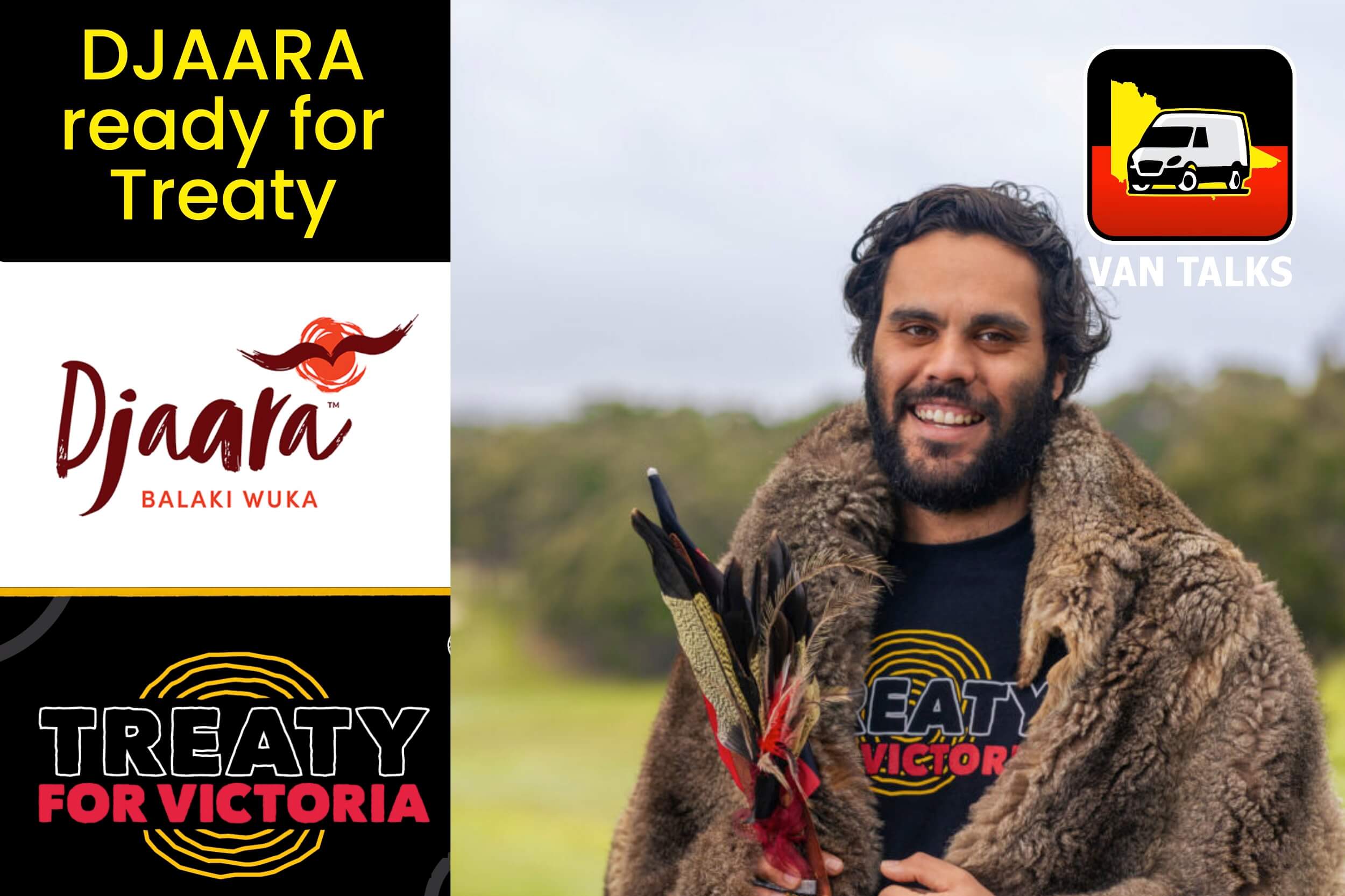
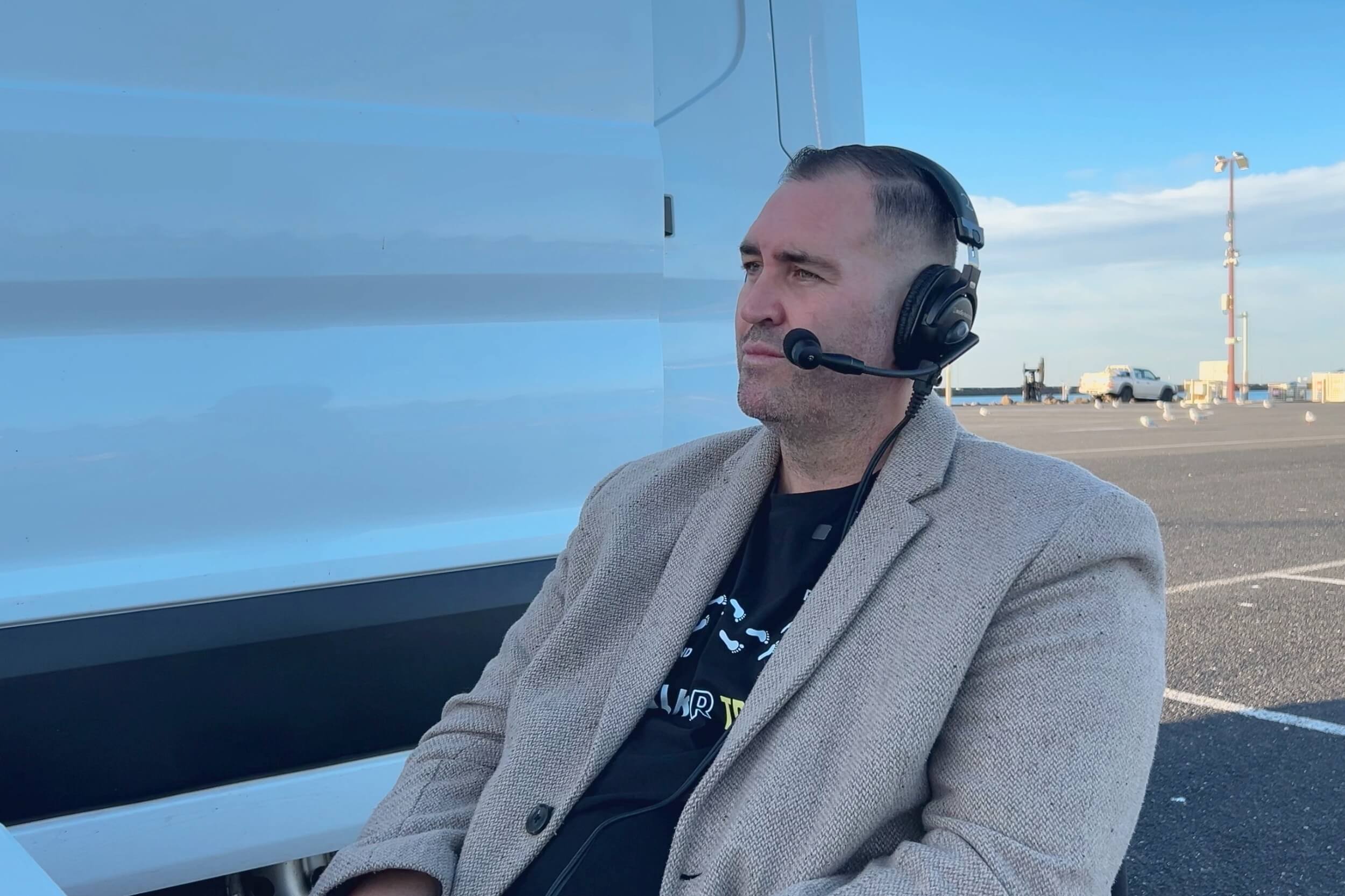
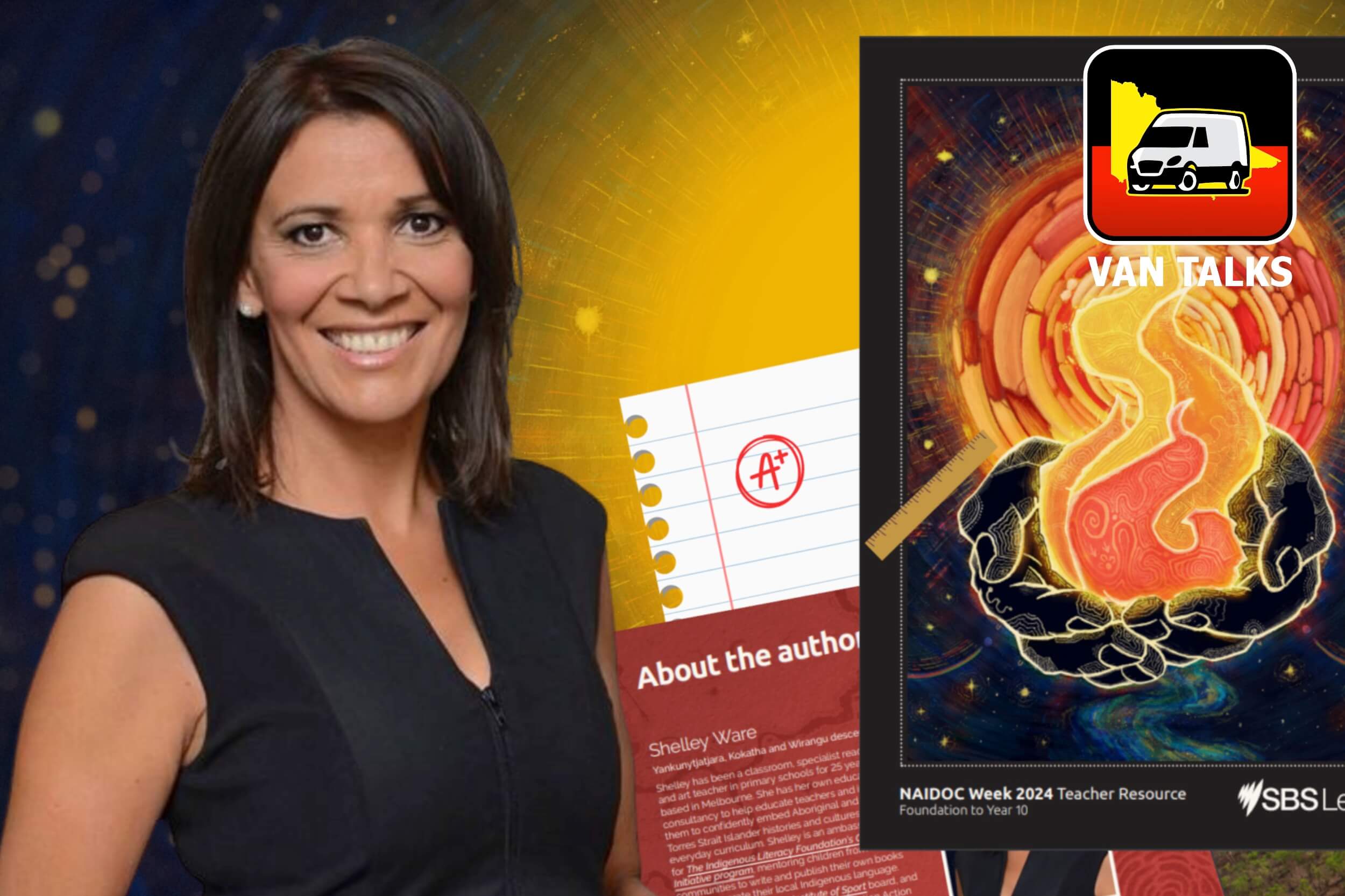
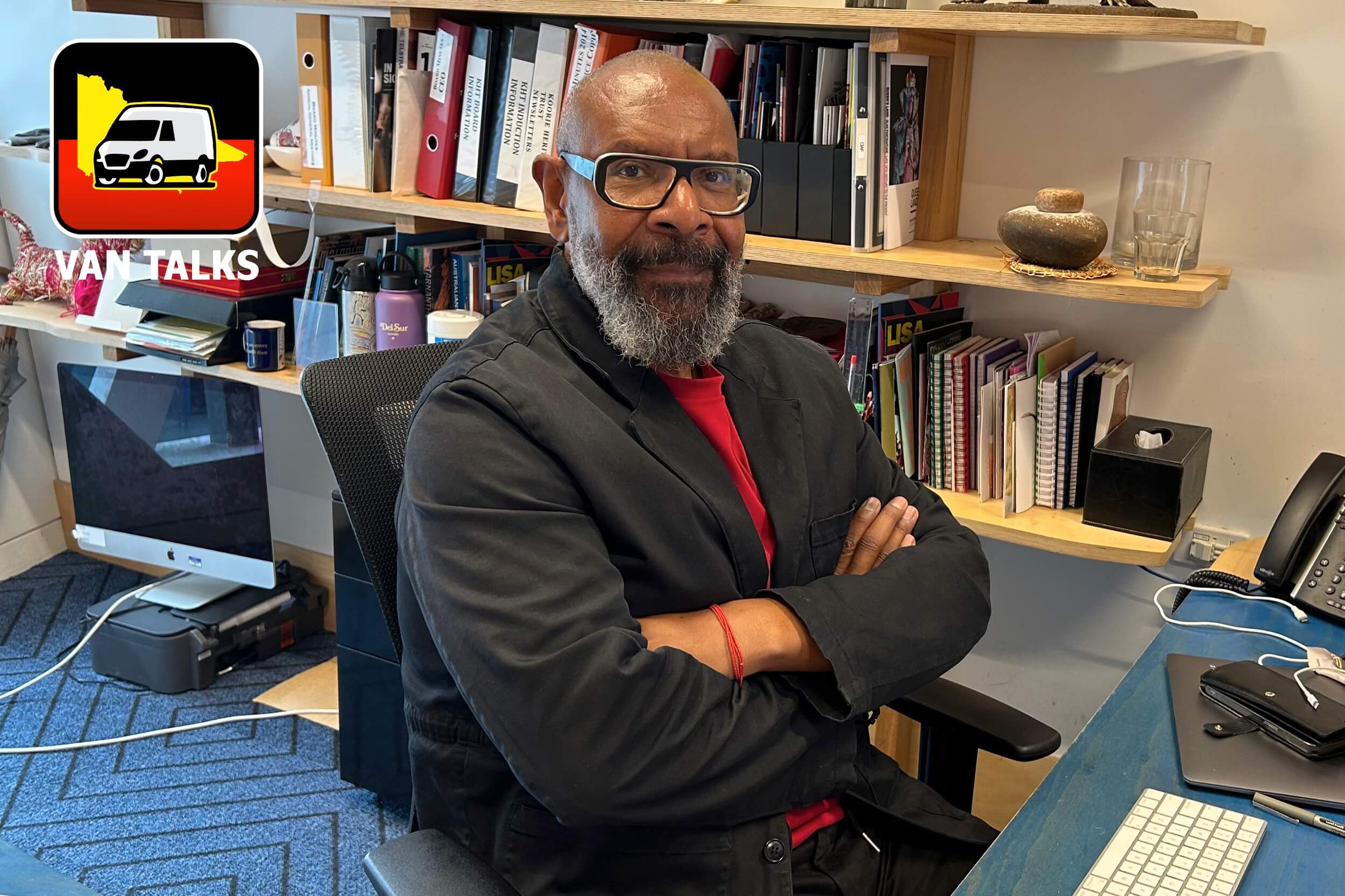
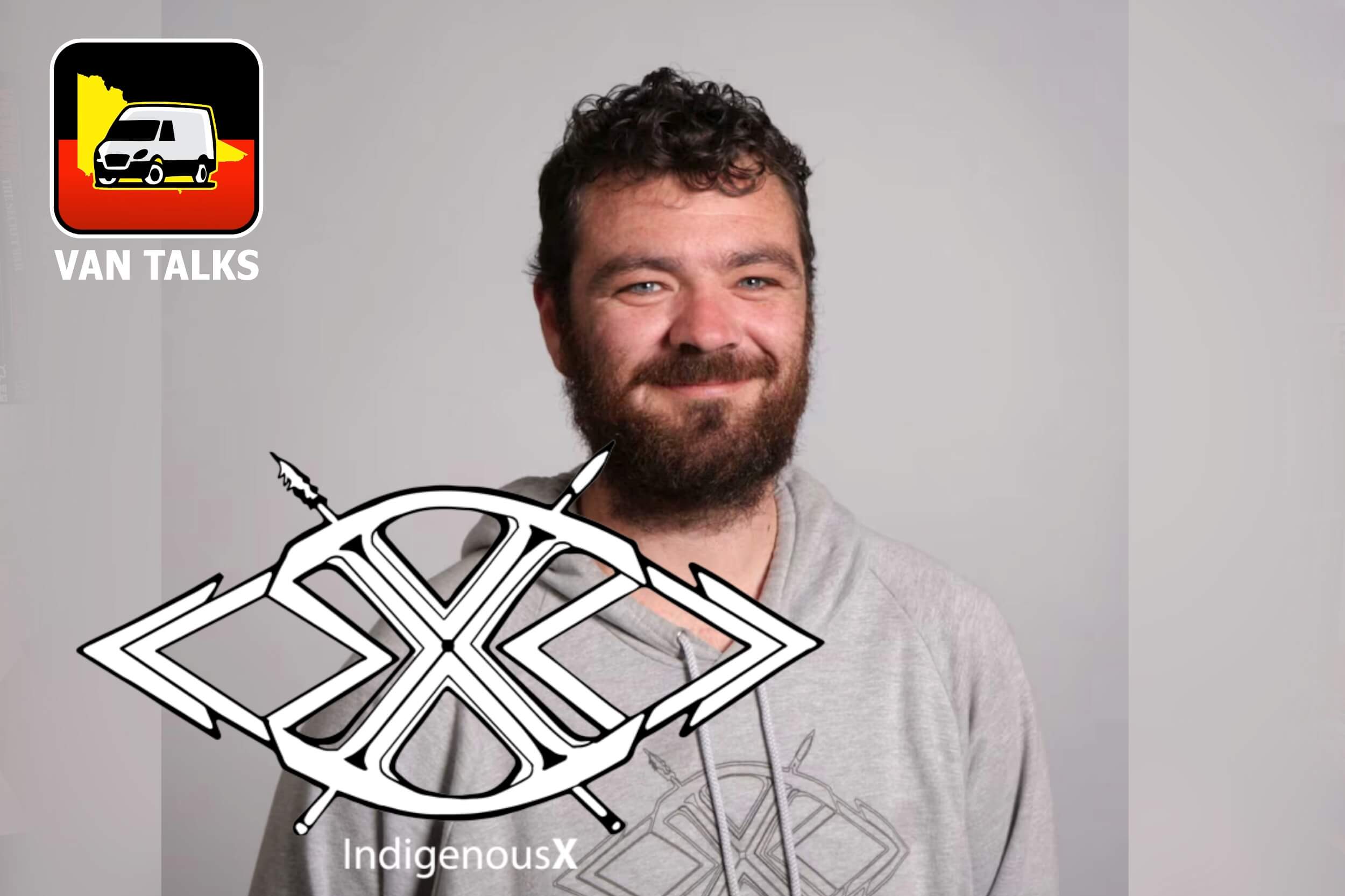

0 Comments